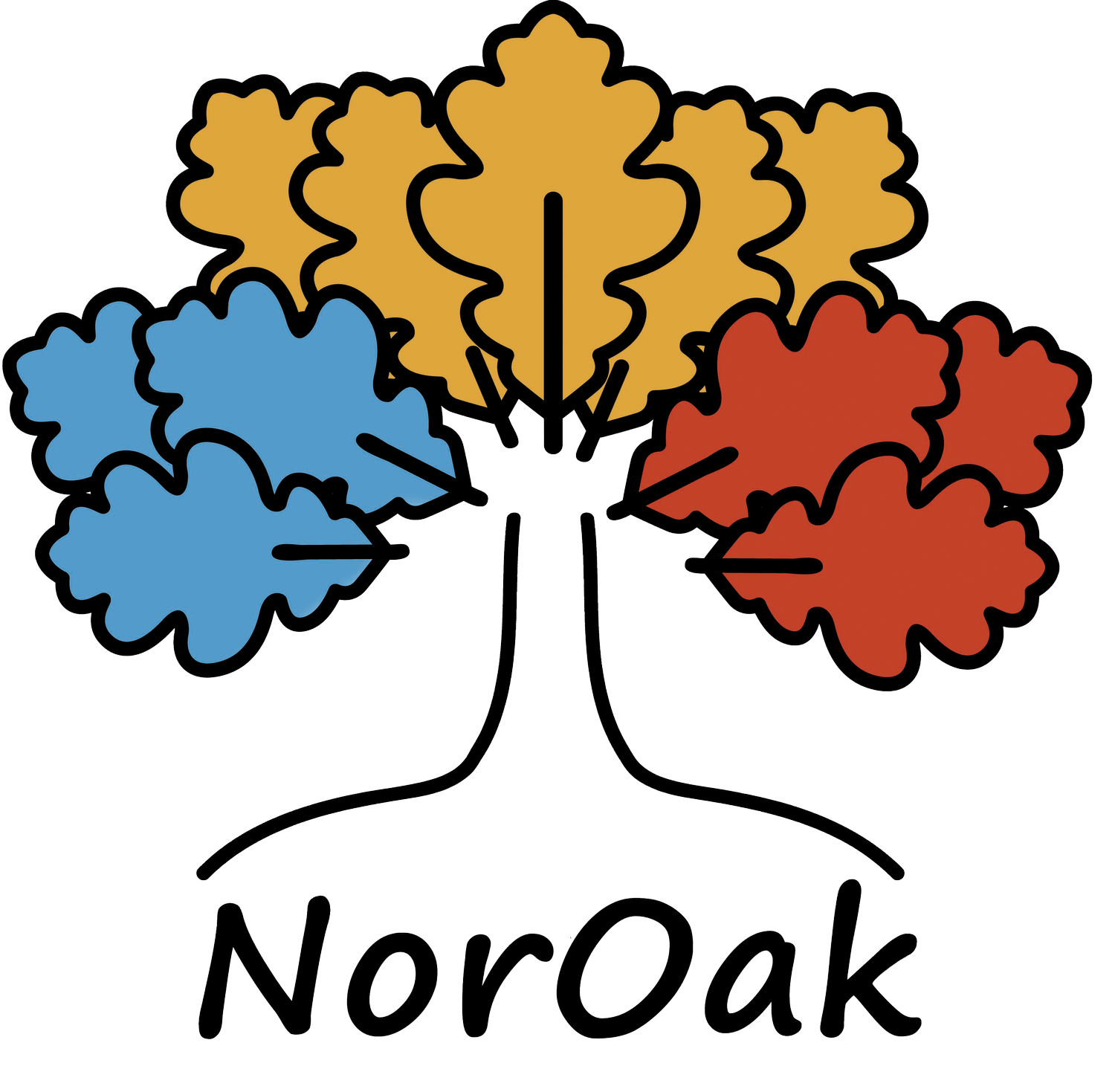My son is named Moses and the story of Moses has had huge impact on who I am as a pastor and who we are at Tribe. It says in Acts that, “Moses was educated in all the wisdom of the Egyptians and was powerful in speech and action.” This was probably the greatest education and educational system in the world at that time, maybe in some ways better than ours today. However great it was, this great education ill equipped Moses for his first venture into ministry and work in his community, which can only be described as a failure. The first sign of failure was that the people in the community Moses wished to serve, his community, they saw him as an outsider as they declared, “who made you ruler and judge over us?” Regardless of why they rejected Moses, his work culminated with him killing an Egyptian and him fleeing the country. Fortunately for Moses, after finding himself in a foreign land, he was soon taken in and mentored by Jethro, his father-in-law.
His first attempt was marked by a formal education, and a failed attempt to integrate into the congregation as he tried to minister or serve on his own. This exactly mirrors what we often see today in pastors and leaders in the church and in our communities. They are often seen as outsiders, they act as outsiders as their leadership is rejected. They come in with confidence trying to do it on their own, but have no experience and often end up being too aggressive and are forced to flee the work that God has called them to do.
The second time around for Moses was quite different. God again reaffirms his call to ministry. Before he was “powerful in speech and action,” but now he doesn’t feel adequate to speak. Moses is now tentative and his demeanor is definitely not marked by confidence. He is in fact having crises of faith. Success does not seem likely, but God’s solution was to command Moses to bring his brother Aaron alongside. Aaron carries some of the workload, and Moses, in turn, trains him for the priesthood.
In Exodus 17 as Moses tells the story of the battle against Amalek, we see that this idea of apprenticeship has grown to be a team of people. Moses is on a hill with the staff of God, Aaron and Hur are on the hill with Moses. Joshua is leading the battle against Amalek. When Moses' hands are raised the battle is won. When they are lowered the battle is lost. Aaron and Hur hold up Moses' hands for the duration, until Joshua finally wins the battle. After the battle has been won, God says in verse 14, “Write this in a book as a memorial, and recite it to Joshua.” This is the first instance that we have in Scripture of God telling someone to write something down as a teaching tool for later. It could be thought of as the beginning of a formal education model, one that revolves around the writing and reading of books.
But in this story of Moses whatever this “book learning” might have entailed, it was never meant to be the sole method of training; the backbone of the training and ministry of Moses was clearly apprenticeship. Not a sole apprenticeship, but a group of people being trained. The model that we see here is a team of people ministering together, being trained by Moses through an apprentice model. They do ministry together, they spend time together afterwards talking through it.
We then can see that this idea of apprenticeship goes back to the relationship with Moses and his father-in-law Jethro. We see, directly after the battle against Amalek, Jethro, the priest of Midian, comes to Moses in the wilderness, bringing with him Moses’ family. Jethro rejoices with Moses, blesses God, and offers burnt offerings and sacrifices for God. Moses’ father-in-law has been modeling leadership that fits with the written Law and Commandments, before the Law and Commandments were given. Moses receives training that complements and prepares him for a ministry that would soon be based on the written Word.
The next day Jethro watches as Moses judges the people from morning till evening. He asks Moses, “Why do you alone sit as judge and all the people stand about you from morning until evening?” He continues, “The thing that you are doing is not good. You will surely wear out, both yourself and these people who are with you, for the task is too heavy for you; you cannot do it alone.” Moses heeds the advice of his father-in-law and institutes a new leadership model where other leaders from among the people were chosen by Moses to judge; only the most difficult cases were brought to Moses.
What we see is that this idea of going it alone was a life-long struggle for Moses. It began early on in his ministry and persisted, but God persisted in bringing people alongside of Moses: a brother, a father-in-law, a family, a team of leaders.
At Tribe we are trying to emulate what God was doing with Moses. We don’t want you to be alone, struggling to fulfill your calling on your own. We believe that God has called us to live and serve together in the church and in the community, side-by-side, encouraging, rejoicing and being a part of whatever it is that God is calling on you to do.

